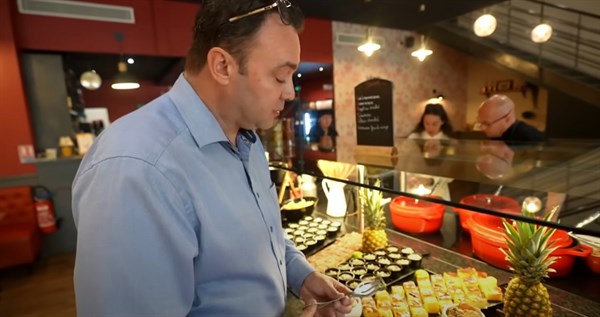
They're nestled along the side of national roads, often invisible to hurried motorists, but for truckers, they're much more than just a place to eat. Roadside restaurants embody a culture, an atmosphere, and a sense of solidarity that goes beyond a meal. These establishments, long considered refuges for road workers, are now threatened by changing infrastructure and lifestyles. Should they be listed as part of France's cultural heritage?
The charm of roadside restaurants lies not in their often outdated decor or their location, but in their atmosphere. People naturally speak informally, share life stories, and eat generous, homemade cuisine, far from the sanitized standards of fast-food chains. These are places where you feel welcomed and recognized, where social bonds are formed around a daily special and a long coffee. In the evening, conversations become lively, laughter erupts, and road anecdotes become stories of an often-ignored daily life.
They are also places run by passionate women and men. Many of these establishments are run by women, the true pillars of these microcosms. They cook, serve, listen, and advise. They embody a form of matrimony, a living transmission of know-how and human warmth. In a world where everything is accelerating, they resist with dignity and generosity.
But this culture is in danger. Since the 1970s, the development of highways has diverted traffic away from national roads, drastically reducing the number of visitors to these restaurants. Truck diversions, standardized rest areas, and transport rationalization policies have contributed to their marginalization. Young truckers, often constrained by tight budgets and strict schedules, favor quick and economical solutions, abandoning these places designed for them.
The question of their preservation then becomes urgent. Can we consider official recognition, a listing as intangible heritage? Some countries, such as Italy and Japan, have already protected forms of popular catering as witnesses to a living culture. In France, where gastronomy is a pillar of national identity, it would be logical to promote these establishments that nourish both bodies and souls.
Roadside restaurants are witnesses to a working-class, supportive, and humane France. They tell a story that Michelin stars cannot capture. They are the last bastions of raw conviviality, of unpretentious yet heartfelt cuisine. Listing them as heritage sites would recognize their social, cultural, and historical role. It would also affirm that France is not just about its gastronomic palaces, but also lives in its all-you-can-eat buffets, its daily specials, and its shared coffees at the counter.